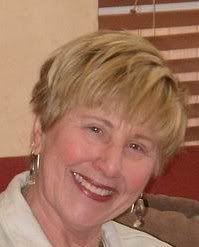
The most common interpretations of crying are 'sadness' or 'manipulation'. But if that were true why are we so intensely uncomfortable with it?
Crying in public brings with it feelings of shame, and if we are the onlooker we are almost overwhelmed with confusion. Should we give comfort, be mad about the "inappropriateness", pretend we don't notice, or worry that the person is depressed? And, of course, as the onlooker, what we hate the most are our feelings of helplessness.
Crying does serve an emotional purpose, says Sideroff, an assistant clinical professor of psychiatry at the UCLA David Geffen School of Medicine. "It's a release. There is a buildup of energy with feelings."
It can also be a survival mechanism, notes Jodi DeLuca, PhD, a neuropsychologist at Tampa General Hospital in Florida. ''When you cry," she says, "it's a signal you need to address something." Among other things, it may mean you are frustrated, overwhelmed or even just trying to get someone's attention.
Crying may also have a biochemical purpose, releasing stress hormones or toxins from the body. And, yes....crying may be manipulative, a way of getting what you want.
People also cry in response to something of beauty. The word "melting" is a good description. They are letting go of their guard, their defenses....tapping into a place deep within themselves.
(To be continued)






